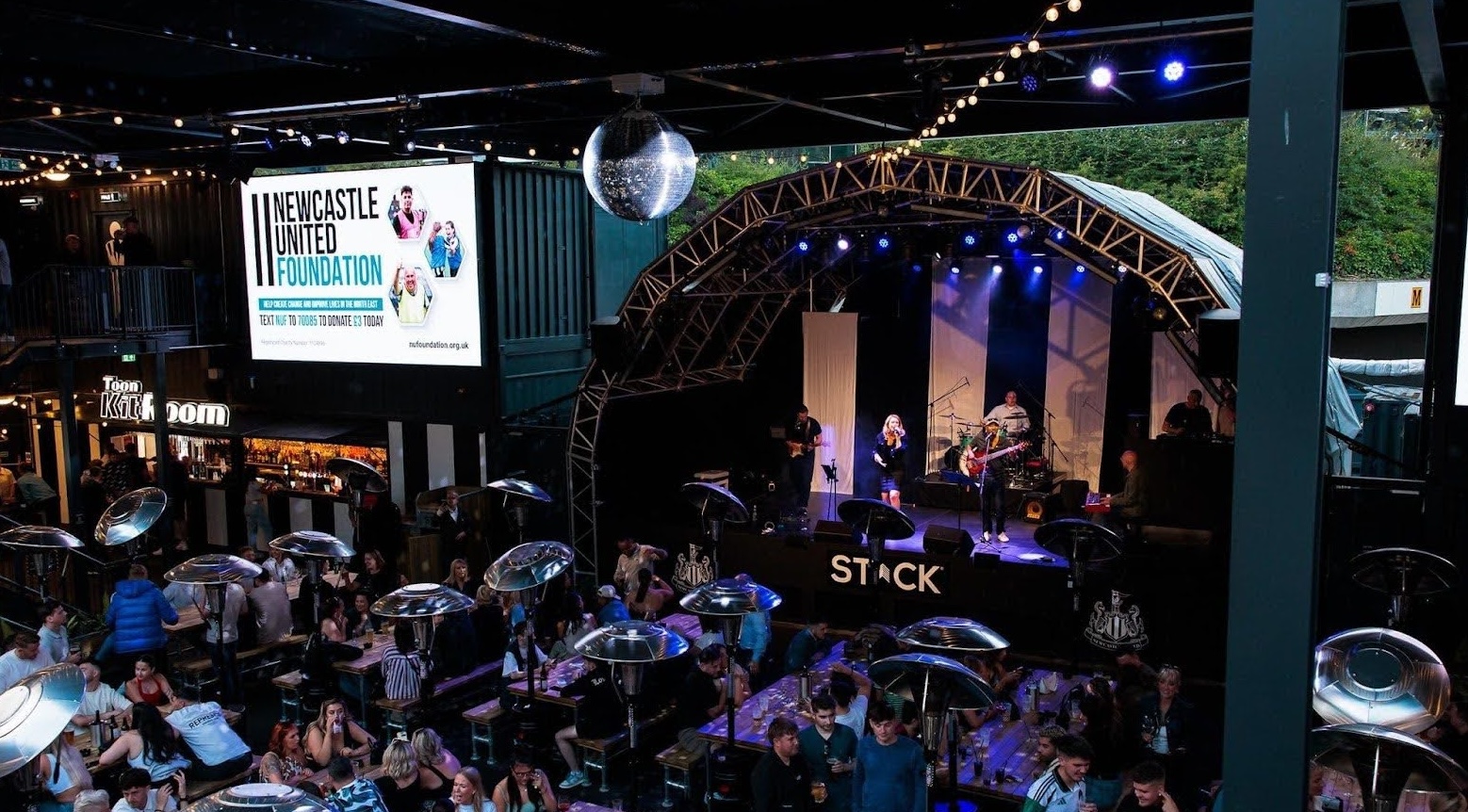
Golden quarter: Will it cover rising costs from the Autumn Budget?
The rise in costs from the Autumn Budget will see the hospitality sector endure a difficult period in April, making this year’s golden quarter essential to the industry.
The ‘golden quarter’ for the hospitality sector is essential, where venues see an increase in trade during the festive period, which brings a significant influx of trade.
The Christmas and New Year season traditionally sees an increase in trade fueled by Christmas parties, festive drinks, and the reward of a pint after holiday shopping. For many bars, pubs, and restaurants, this period is critical to building cash reserves in anticipation of their quieter months.
In recent years, this has been particularly important due to the knock-on effects of the COVID-19 pandemic and the cost-of-living crisis, but no year has felt as important as this one.
This was the first in four years not to be impacted by pandemic restrictions or travel strikes, meaning this year had all the reasons to be the busiest yet, and it needed to be.
The autumn budget announced by chancellor Rachel Reeves brought both challenges and wins. The hospitality sector is preparing for a 1.2% National Insurance hike and a minimum wage increase in April 2025, which will significantly raise costs. At the same time, the extension of business rates relief was a welcome measure, the reduction to 40% relief tempered optimism. Come April, venues will face substantial increases in overheads.
Whilst the hospitality sector experiences a drop in trade at the start of the year, the Christmas period is an essential time for bars, pubs and restaurants to build up their cash reserves. But this year it will have to extend to cover the rise in costs in April.
This is something Michael Kill, the CEO of the Night Time Industry Association echoed to GigPig, where he detailed the upcoming financial pressures. He said: “ We've seen a 30 to 40% increase in operating costs up until that budget, we're now going to see between 30 and 80 grand on top of those eight operating costs in terms of National Insurance Contribution, alcohol duty, and National living wage.
“That's going to put a lot of people under pressure,” He added.
“The golden quarter is a time when people try to build up their cash reserves for early next year. The concern I have is that those cash reserves are going to have to stretch a lot further come April.
“At the moment, there is a huge concern that this is going to impact the economy in the UK, but more significantly, that businesses are the sharpest end, which is hospitality in the night-time economy, which is feeling very fragile at the moment.”
That is a feeling shared amongst Andy Schilling, the owner of The Rectory in Cheadle, South Manchester. His bar is known for regularly hosting some of the region's most talented musical talents, which ensures an incredible atmosphere over the weekend. But despite this, The Rectory has endured its most difficult festive period yet.
“There’s been a lack of increase in trade. I think the doom and gloom around the economy and the new government is affecting people, and they're watching the pennies.
This is our third Christmas, the first two were brilliant. But on the till system, you can see a comparison this year and last year and you see the difference, Andy said.
“When we put music on, we get a great atmosphere and make it worthwhile. We enjoy having live artists there because it's good fun.
“It's more of a hobby than an income. But for people who need a bar to make money, then things will be very, very tough.”
The budget will see a sharp rise in costs come April for hospitality venues, something the owner of The Rectory is thinking about, he said: “It's a double whammy, isn't it?
“You've got an increase in your costs and people aren't spending because interest rates are going up, inflation is up, so people haven't got the money to go out. So I can see next year being catastrophic for the night-time economy.”
This isn’t the first time the sector has shown its resilience against a difficult budget. The Spring Budget 2024, which failed to deliver a VAT reduction that many in the industry had called for, was another setback.
However, analysis by RMS UK underscores the severity of the current situation. By September 2024, hospitality insolvencies had reached their highest level in a decade, with a 5% year-on-year increase to 3,679.
To curve that alarming trend, the golden quarter must deliver substantial profits to sustain venues through the challenges of the coming months, while economic uncertainty, rising costs, and cautious consumer spending still remain significant hurdles.
Related news


.jpg)
.jpg)

.svg)

